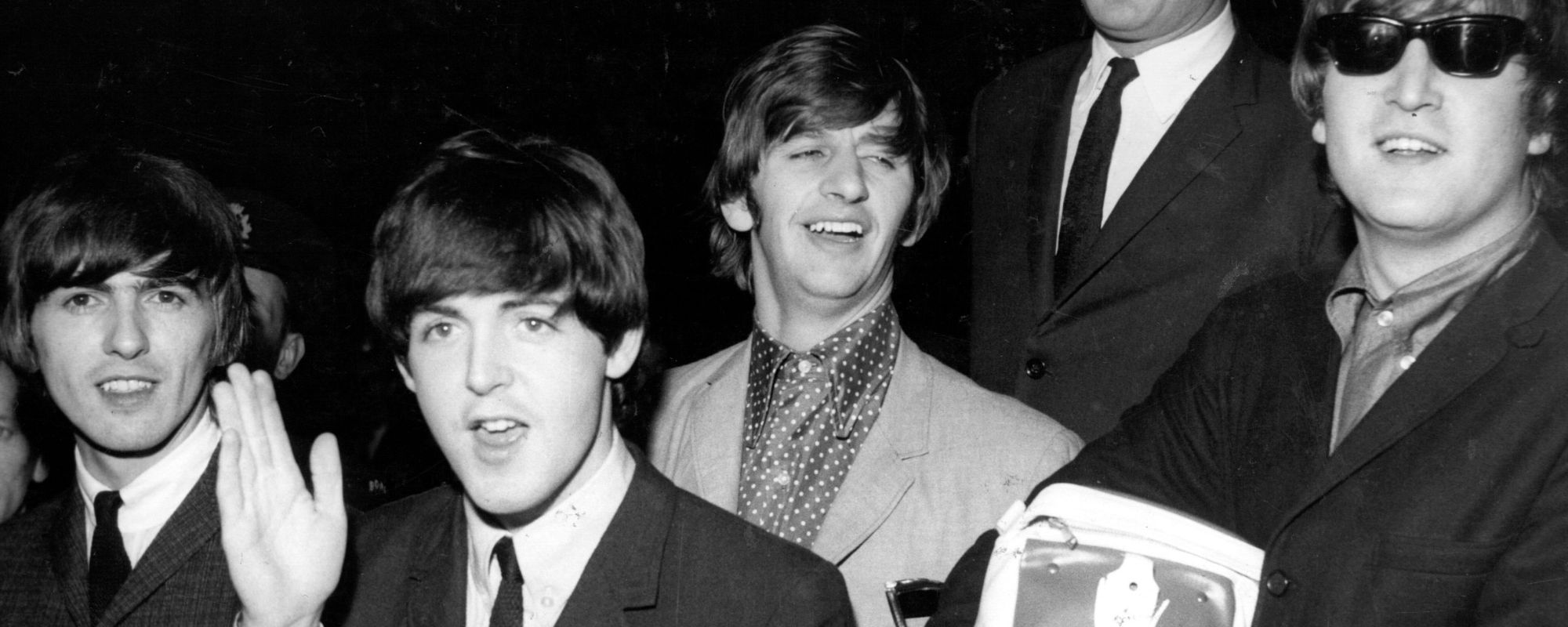Michael Imperioli first met his future bandmate Olmo Tighe when both starred in the 1994 drama Postcards From America, based on the late AIDS activist David Wojnarowicz’s memoirs Close to the Knives (1991) and Memories That Smell Like Gasoline (1992). Imperioli played a young man who moves to New York City from the suburbs and becomes a hustler, alongside Tighe’s Wojnarowicz-like character. Nearly a decade after meeting, the two reconnected in New York City over music, forming ZOPA, with Imperioli on vocals and guitar, Tighe on drums, and the drummer’s childhood friend, bassist Elijah Amtin.
Though the band first started playing together in 2006, it would take another 15 years, between Imperioli’s acting commitments, including a 2012 move to Los Angeles, before the band would reconvene and eventually release their debut La Dolce Vita in 2021, a rawer snapshot of the grittier ’70s New York City punk scene.
Avoiding another decade in passing between albums, the trio started working shortly after La Dolce Vita on their second album, Diamond Vehicle. Shifting gears from La Dolce Vita, Diamond Vehicle fast-forwards, dripped in shoegaze and alternative rock of the ’90s, from the opening “A Still Life,” which features backing vocals from Jane Siberry, the sole musical guest on the album.
“A lot of that was just evolving as a band and being more comfortable with a bigger palette of sounds from the guitar,” says Imperioli, “and having more control over how we can craft a song.”
For Imperioli, Buddhism also started fusing many of the songs more directly, he says, since he’s moved deeper into the practice, including the album title, translated from the Sanskrit word for Vajrayana, a Tibetan form of Buddhism. Even the band name ZOPA means “patience” in Tibetan and is the middle part of Imperioli’s Buddhist name: Konchog Zopa Sonam.
The outtro of “Love and Other Forms of Violent,” also features the mantra Ārya Tārā mantra, linked to guidance and compassion. In “Wrain,” tantra and mantra are referenced along with the transitional state between death and rebirth, Bardo, the Tibetan meaning for the intermediate state in “Red Sky.”
Videos by American Songwriter
“Buddhism takes up a bigger space in my consciousness,” says Imperioli. “It definitely informs the music a lot more, and that was why I suggested the title. I also like the exoticism and the romantic and mysterious sound of it.
Within Diamond Vehicle, co-produced by John Agnello (Aerosmith, Bruce Springsteen, Cyndi Lauper), the songs revolve around transformation, and “liberating negative mental and habitual patterns, and becoming free of certain limitations and things that held us back,” says Imperioli.
Mental illness is another subject that slips into “The Arrows of Outrageous Fortune,” the oldest song on the album, which the band started playing back in 2007, and “Wrain,” a song dedicated to one of his friends who lost his battle to mental illness in 2015 and committed suicide.
“A lot of the lyrics are things that I had heard him say, some of the things I saw that he had written, and my commentary on it,” he says. “He passed away in 2015 and it was written shortly after that. I don’t often do that, but he was like my brother, and at the time there were a lot of people I was angry at that were around him, and it was my way to confront all those things.”
The closing “The Arrows of Outrageous Fortune” was another song the band played live for years but never recorded. The longest track on Diamond Vehicle, running 10 minutes, and 20 seconds, “The Arrows of Outrageous Fortune” was intentionally lengthened for the album from its original live version.
“I made it longer,” says Imperioli, “by adding a whole other verse and chorus section to it in the last couple of years.”

The band also revisited another duo of songs they’ve covered live: Lou Reed’s 1972 solo release “Ocean” beside the Velvet Underground’s “Heroin.” The band has also covered the Velvet Underground’s “Candy Says” but never recorded it.
“Live, it’s really fun because in ‘Heroin’ it speeds up, it slows down, it gets almost still, and then it gets really crazy, and it’s always different, depending on how we’re feeling it that night,” says Imperioli, “and how Olmo wants to take the rises and falls off that, and how the audience is reacting. It’s always a pretty spontaneous execution.”
Within ZOPA, Imperioli says decisions regarding sound, song structure, and more are made unanimously between the trio. “The good thing about our band is that every decision we make has to be three yeses or three nos,” he says. “It’s never two against one. If we have to make a decision, it’s got to be three yeses, and for the most part, we’re usually in harmony about how a song should be.”
For Imperioli, who is currently co-writing a film with his former Sopranos creator David Chase, and starring in the upcoming musical drama, Song Sung Blue, based on the 2008 Neil Diamond documentary, says ZOPA is close to having another album-worth of songs, some of which they’ve slipped into live sets. After nearly two decades of writing, Imperioli is aware that the songs come when they want, often starting with a chord progression or a drum beat, and a melody before any words filter through.
“Melody, to me, is something that’s so abstract—it comes from the gods,” says Imperioli. “Chord progression is the chords and the rhythm, but the melody … that’s where the magic happens for me, even more than the lyrics, because the lyrics often have a lot of logic that you apply to it if you’re telling a story or expressing a certain emotion or idea.”
He continues, “Melody is always the mystery. And the melody is where, musically for me, true inspiration happens.”
Photos: Danny Clinch






Leave a Reply
Only members can comment. Become a member. Already a member? Log in.